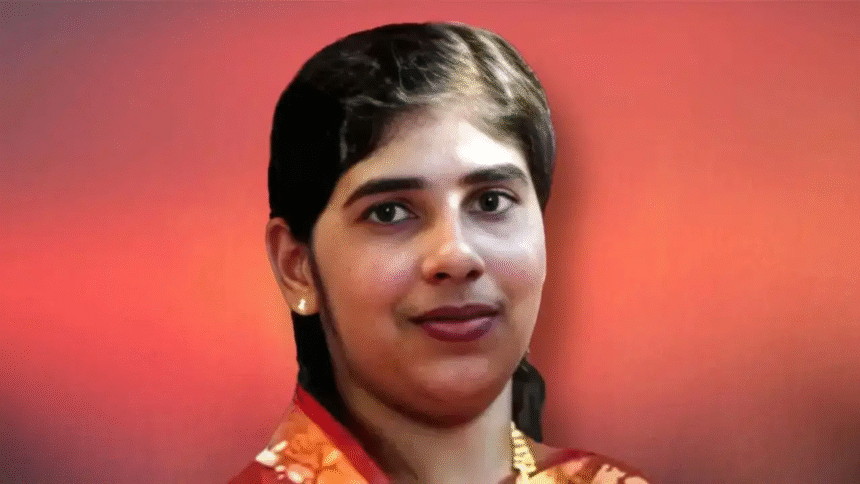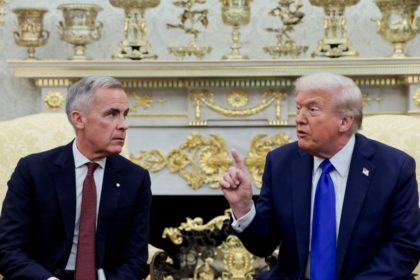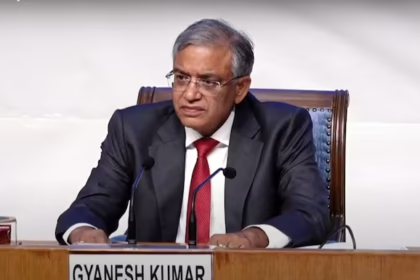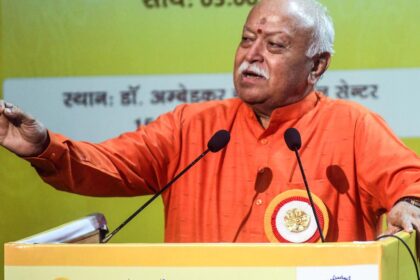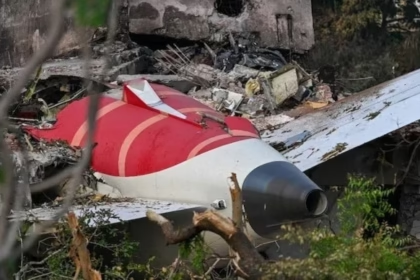Nimisha Priya Case Twist: Yemeni Family Demands ‘God’s Law in Qisas’ – 3 Major Legal Implications for Kerala Nurse
Nimisha Priya’s execution in Yemen has been delayed following diplomatic negotiations. Despite this, the family of Talal Abdo Mahdi demands Qisas, rejecting any offers of blood money, which complicates her situation
Nimisha Priya Case: The scheduled execution of Indian nurse Nimisha Priya in Yemen has been postponed, offering a temporary reprieve. However, the family of her former business partner, Talal Abdo Mahdi, remains steadfast in their demand for the strict application of God’s Law in Qisas, signalling a grave challenge for the Kerala native.
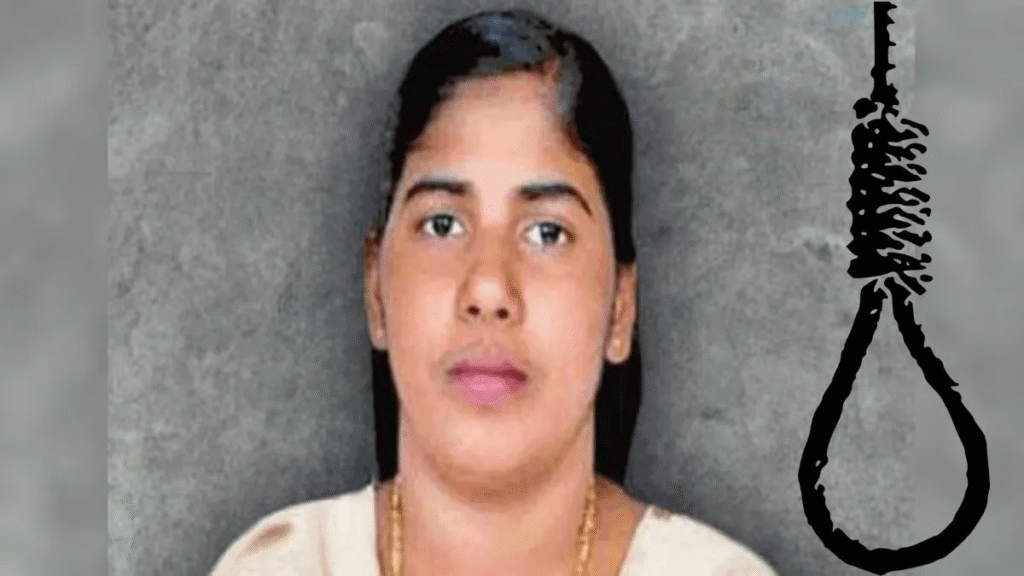
Talal Abdo Mahdi’s brother, Abdel Fateh Mahdi, has made the family’s position unequivocally clear. Speaking to BBC Arabic, Abdel Fateh denied claims made by Nimisha Priya regarding abuse, exploitation, or passport confiscation.
Abdel Fateh emphasised that such allegations were never presented in Yemeni court and dismissed them as “mere rumours.”
The Yemeni family insists that Kerala nurse Nimisha Priya’s actions—particularly the murder of Talal followed by dismembering and hiding the body—are inexcusable, regardless of any dispute.
Abdel Fateh called for the enforcement of Qisas, an Islamic law principle of retaliation in kind, which in this case means the execution of Nimisha Priya. He explicitly rejected appeals for blood money (Diyah), which under Yemeni Sharia law could allow the victim’s family to accept financial compensation in exchange for pardoning the convict.
He stressed, “Nothing less than this” would be acceptable, even if it means a delay in carrying out the execution.
Under Yemen’s Islamic legal framework, Qisas permits a murder victim’s family to demand punishment equal to the crime — in capital cases, this usually means the death penalty.
However, Sharia law in Yemen also allows families to forgive the accused in exchange for diyah, or blood money, which is a negotiated settlement aimed at reconciliation. Acceptance of Diyah can lead to a pardon and commute the sentence.
In Nimisha Priya’s case, the Yemeni victim’s family’s refusal to accept Diyah leaves her fate dependent on implementing the Qisas principle.
Nimisha Priya, a nurse from Kerala’s Palakkad district, moved to Yemen in 2008 and later formed a business partnership with Talal Abdo Mahdi, operating a medical clinic in Sana’a.
In 2017, following alleged harassment and attempts to recover her passport, Nimisha Priya reportedly sedated Talal with Ketamine to escape. The overdose led to the Yemeni national’s death, and in panic, she dismembered his body, resulting in her arrest and conviction for murder.
Nimisha Priya was sentenced to death in 2020, with her appeal dismissed in 2023 by Yemen’s Supreme Judicial Council.
Nimisha Priya’s execution, scheduled for 16 July, has been postponed as of 15 July 2025, following last-minute talks with the victim’s family.
The Government of India continues to work closely with Yemeni authorities, despite limitations imposed by the political situation and lack of official ties with the Houthi administration.
Religious leaders from Kerala have played a pivotal role in mediation, with prayers and dialogues contributing to the postponement.
Human rights organisations, including Amnesty International, have urged Yemen to impose a moratorium on executions and consider commutation of death sentences.
With the family of Talal Abdo Mahdi firmly refusing any settlement short of execution, Nimisha Priya’s fate remains uncertain. The insistence on Qisas means that without the family’s forgiveness or a change in stance, the death sentence remains the law of the land.

The demand was reportedly made during a recent meeting facilitated by mediators working with humanitarian groups and Indian representatives. The Yemeni family’s reference to “Qisas” (an Islamic retributive justice principle) reaffirms their stance on pursuing strict justice under Sharia law, intensifying the legal and diplomatic challenge for those trying to save Nimisha Priya from the gallows.
Nimisha Priya, a nurse from Palakkad, Kerala, traveled to Yemen in 2008 to work in the medical field. In 2017, she was arrested for the murder of her Yemeni business partner and employer, whom she allegedly poisoned. According to her defense, the act was not premeditated but rather a desperate attempt to escape years of abuse and torture, including being forcibly prevented from returning to India and having her passport confiscated.
The Yemeni court convicted her in 2018, and she has been on death row since then. Her case has attracted widespread attention across India and the global diaspora, with activists, human rights lawyers, and even state government representatives pleading for mercy and repatriation.
Qisas is a concept in Islamic law that allows for retributive justice in cases of murder. It gives the victim’s family the right to demand:
- Equal punishment (execution),
- Accept monetary compensation (diya or blood money), or
- Forgive the accused entirely.
The victim’s family’s latest statement—demanding the “implementation of God’s Law through Qisas”—has stirred uncertainty, as it implies they might insist on the death penalty rather than granting pardon or accepting diya.
Legal experts interpret this statement as an indication that the family may not accept blood money or negotiations easily, making Nimisha’s fate far more precarious.
The Indian government has been making quiet but steady efforts to seek clemency for Nimisha through diplomatic backchannels, humanitarian organizations, and non-governmental mediators familiar with Yemeni tribal and legal systems.
Multiple Kerala-based activist groups and lawyers have already raised funds and initiated talks with the Yemeni family, but the insistence on Qisas may complicate negotiations.
Speaking to the press, a representative from the “Save Nimisha Priya International Action Council” said:
“We are still hopeful of a settlement. In many Islamic countries, including Yemen, negotiations under Qisas law continue right up to the final hours. The focus now is to keep dialogue open and humane.”
Nimisha’s case has triggered protests in Kerala, social media movements (#SaveNimishaPriya), and even appeals to the President of India for intervention. A growing number of citizens and women’s rights activists believe her actions stemmed from prolonged abuse and that she deserves a second chance, not the death penalty.
Recently, Kerala’s Health Minister also requested the Ministry of External Affairs (MEA) to intensify efforts to bring her back. Several MPs have urged the central government to consider special intervention under humanitarian grounds.


